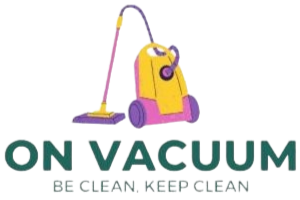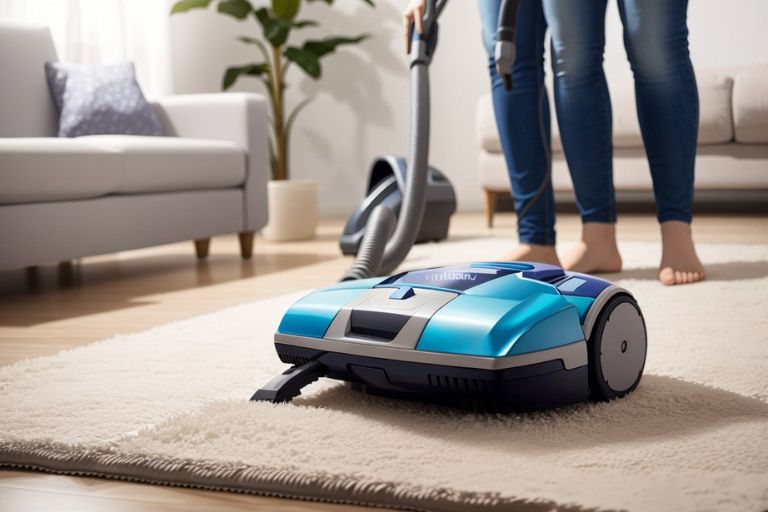The morning sunlight seeps through your window, painting golden patterns on your living room carpet. But there it is again – that thin layer of dust on the floor. You fetch your vacuum cleaner, and as it hums to life, you can’t help but wonder: does it actually enjoy this process? Does a vacuum cleaner feel good?
Humanizing Household Appliances
Isn’t it fascinating how, as humans, we attribute feelings and emotions to inanimate objects? From a child’s favorite toy to a writer’s cherished pen, we have a knack for making connections. But does a machine like a vacuum cleaner really have “feelings?”
The Concept of Machine “Feelings”
Technically speaking, machines don’t have emotions. They don’t feel joy, sorrow, pain, or pleasure. They operate based on their programmed functions. But hey, let’s dive deeper into the rabbit hole. What if they could?
Anthropomorphism and its Role
Ever named your car or yelled at your computer for being slow? This tendency to give human traits to non-human entities is called anthropomorphism. We think a vacuum cleaner feels good when doing its job efficiently.
What Makes a Vacuum Cleaner “Feel Good?”
Taking a leap of faith, what might be why a vacuum cleaner felt good?
Efficient Functionality
You know that euphoria when you’ve checked everything off your to-do list? Imagine a vacuum cleaner feeling that way whenever it cleans a spot without hiccups.
Cleanliness Achieved
The sight of a freshly cleaned carpet or floor can be deeply satisfying. If your vacuum were human, wouldn’t it be proud of its handiwork (or “suction-work”)?
The Sound of Suction
Ever enjoyed the rhythmic beat of a song or the soft hum of nature? The vacuum may find joy in the symphony of its own sounds.
The Psychological Side of Things
We’re clearly delving into imaginative territory here, but it raises interesting questions about our psyche.
Why We Attribute Feelings to Objects
By giving feelings to objects, we make our world more relatable. It helps us find comfort, understanding, and even entertainment in our surroundings. Who hasn’t chuckled thinking about what their coffee maker would say if it could talk?
The Comfort of Personification
It’s comforting to think our possessions “care” about their roles. The notion of your vacuum cleaner “feeling good” about cleaning makes the task seem more enjoyable.
Read more about Is The Rainbow Vacuum Cleaner Pyramid Scheme
Pros and Cons of Anthropomorphizing Devices
While it’s heartwarming to think of our devices having feelings, it’s essential to differentiate fantasy from reality. Positive anthropomorphism can lead to better care of our devices, treating them with love and respect. However, excessively blurring lines might lead to unrealistic expectations and disappointments.
Conclusion
So, does a vacuum cleaner actually feel good? Well, not in the way humans or animals do. But how we perceive our devices, including the stories and emotions we attribute to them, reflects our innate need for connection. In a whimsical, metaphorical sense, if keeping our homes clean and tidy is its purpose, then yes, every whirl, swish, and hum might be its way of singing a joyful tune.
FAQs
- Do machines have emotions?
- No, machines operate based on their design and programming. They don’t have emotions or consciousness.
- Why do we personify inanimate objects?
- Personification makes the world more relatable and understandable. It’s a natural human tendency to find connections.
- Is it beneficial to anthropomorphize our devices?
- To an extent, yes. It can lead to better care and maintenance. But it’s essential to differentiate between imaginative play and reality.
- Would a vacuum cleaner feel good to help its performance?
- While the vacuum won’t perform better, your positive attitude towards it might make you use and maintain it more effectively.
- Are there any devices designed to mimic human emotions?
- Some robots and AI interfaces are designed to mimic human-like responses for better user interaction. However, they still don’t “feel” emotions.






